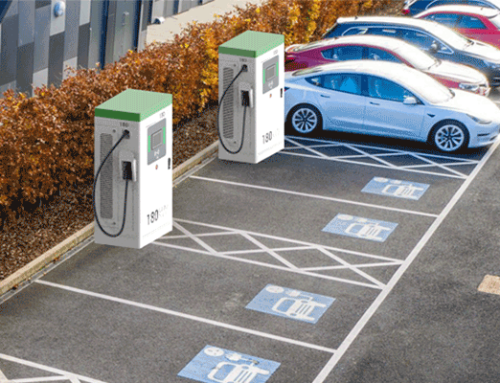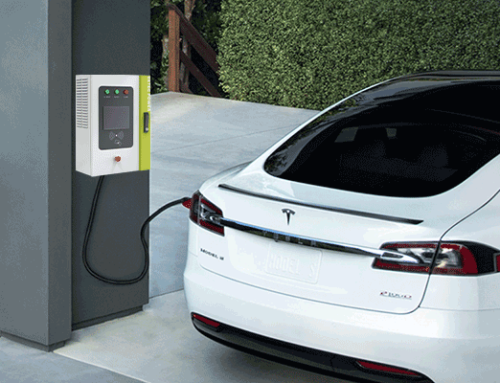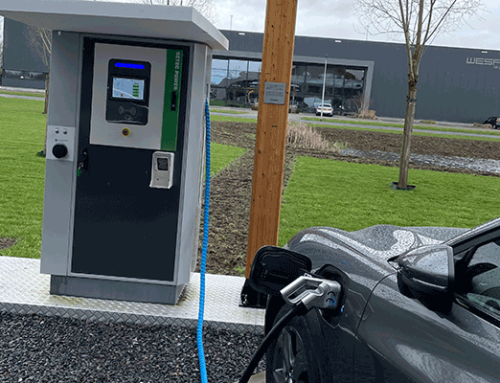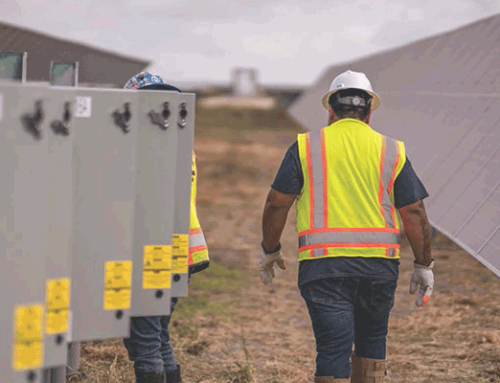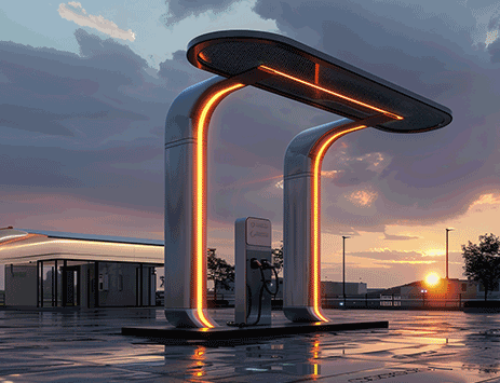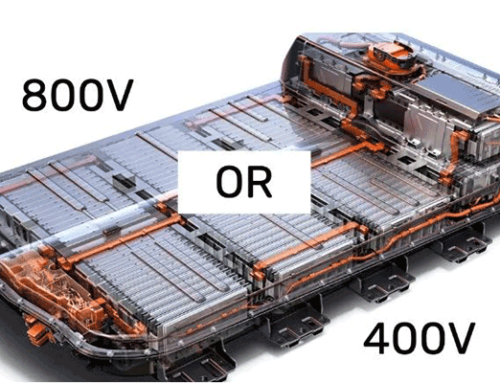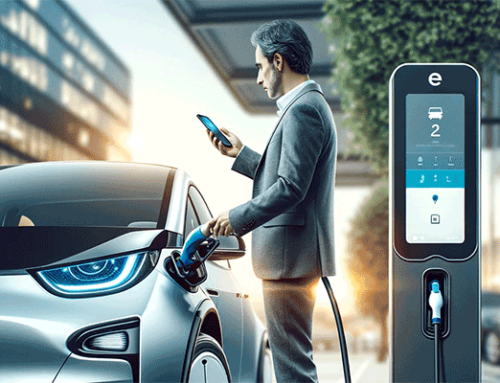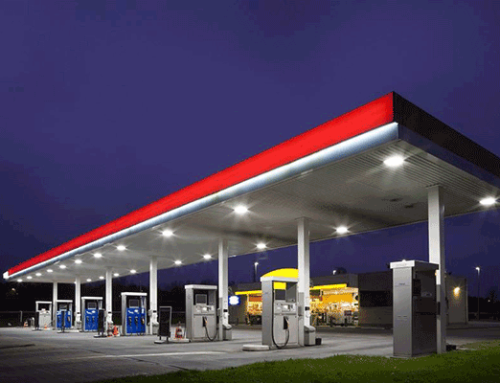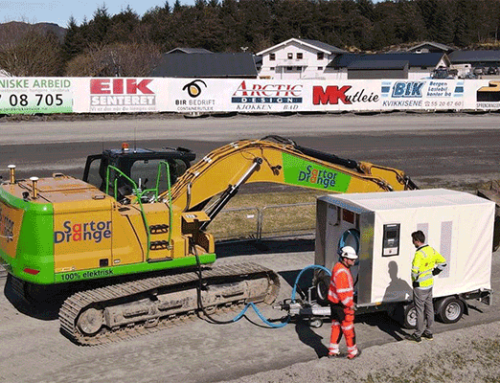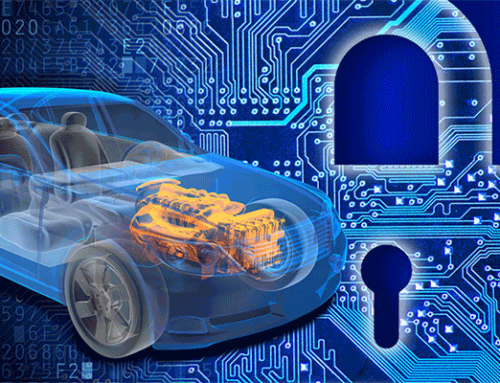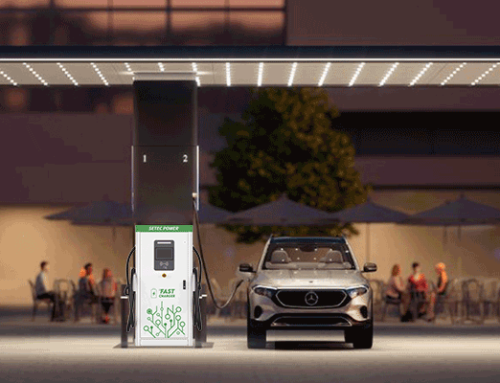Recently, the European Parliament voted to approve legislation proposed in July last year to ban the sale of fuel vehicles in the EU in 2035. The decision is equivalent to banning car companies from selling new cars powered by gasoline or diesel within the EU.
The proposal was developed by the European Commission in July last year within the framework of the “green package”. The plan aims to push the EU towards carbon neutrality by 2050, so the European Commission proposes to reduce carbon dioxide (CO2) emissions from new cars by 55% from 2021 levels from 2030, and from 2035 onwards 100% reduction.
It is worth noting that if the proposal is unanimously approved by EU member states, the era of fuel vehicles in Europe will officially end in 2035, and transitional plans including plug-in hybrids and synthetic fuels will also be rejected. Although some lawmakers proposed a compromise that would allow hybrid models to continue to be sold after 2035, it was rejected. This means that from 2035, only pure electric vehicles and fuel cell vehicles using hydrogen can be sold in Europe.

In the past two years, thanks to the subsidy policies of European countries, the growth rate of new energy vehicles has been rapid. According to data released by research firm Canalys, sales of electric vehicles in Europe will reach 2.3 million in 2021, accounting for 19% of total vehicle sales. Among them, the sales of pure electric vehicles were 1.22 million, a year-on-year increase of 63.4%. Canalys analysts believe that demand for electric vehicles in Europe remains strong. Electric vehicles account for more than a quarter of new car sales in many European countries. In addition, in the European new energy vehicle structure, hybrid models occupy a large proportion.
At present, a number of European car companies have proposed plans to vigorously develop electric vehicles. In the new “Vorsprung 2030” strategy released by the Audi Group, Audi will complete a comprehensive electrification transformation in the next 12 years. From 2026, Audi’s new models launched globally will be pure electric models. Production of internal combustion engines will be phased out by 2033. In addition to Audi, many car companies such as Volkswagen Group, Honda, and Daimler have proposed relevant “burn-free” plans. Among them, Honda Motor proposed that it will fully transform into electrification in 2040, and will achieve 100% sales of electric vehicles and fuel cell vehicles to achieve carbon neutrality goals. Mercedes-Benz announced that new car sales will be basically transformed to pure electric models by 2030, but there is no clear timetable for a complete “burning ban”.
In terms of infrastructure, Europe still needs to accelerate the pace of construction. The latest report from the international accounting firm Ernst & Young and the European Energy Industry Association shows that electric vehicles in Europe are expected to increase from about 5 million today to 130 million by 2035, requiring about 65 million additional charging stations to provide support, Nine million of these are public charging stations, up from 374,000 currently. Electricity demand in Europe is expected to increase by 30% annually over the next decade.
